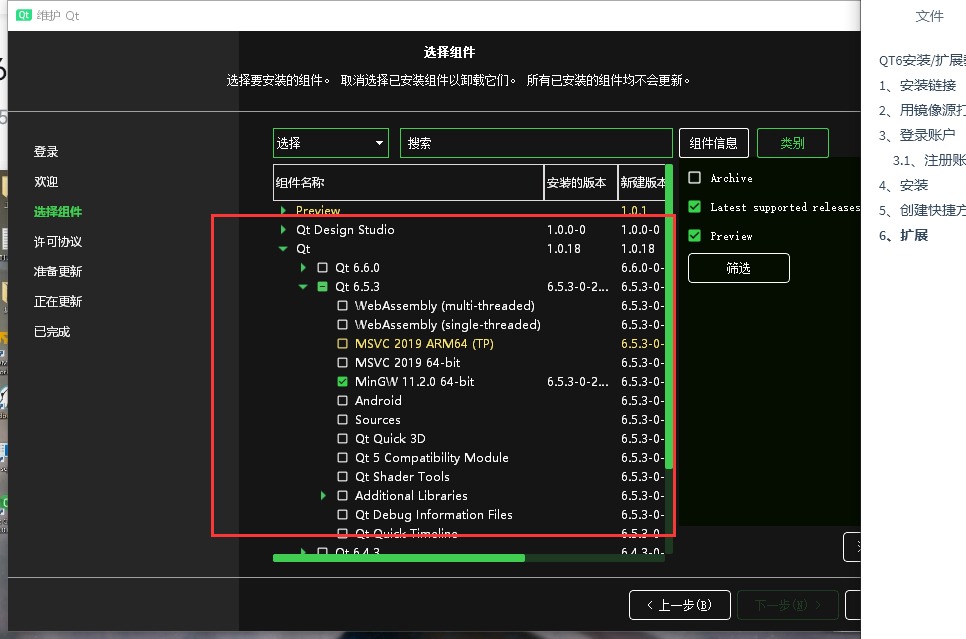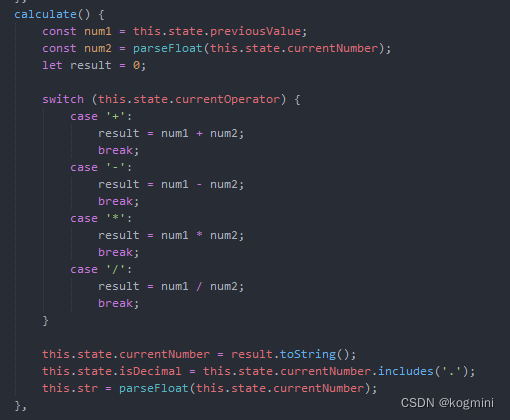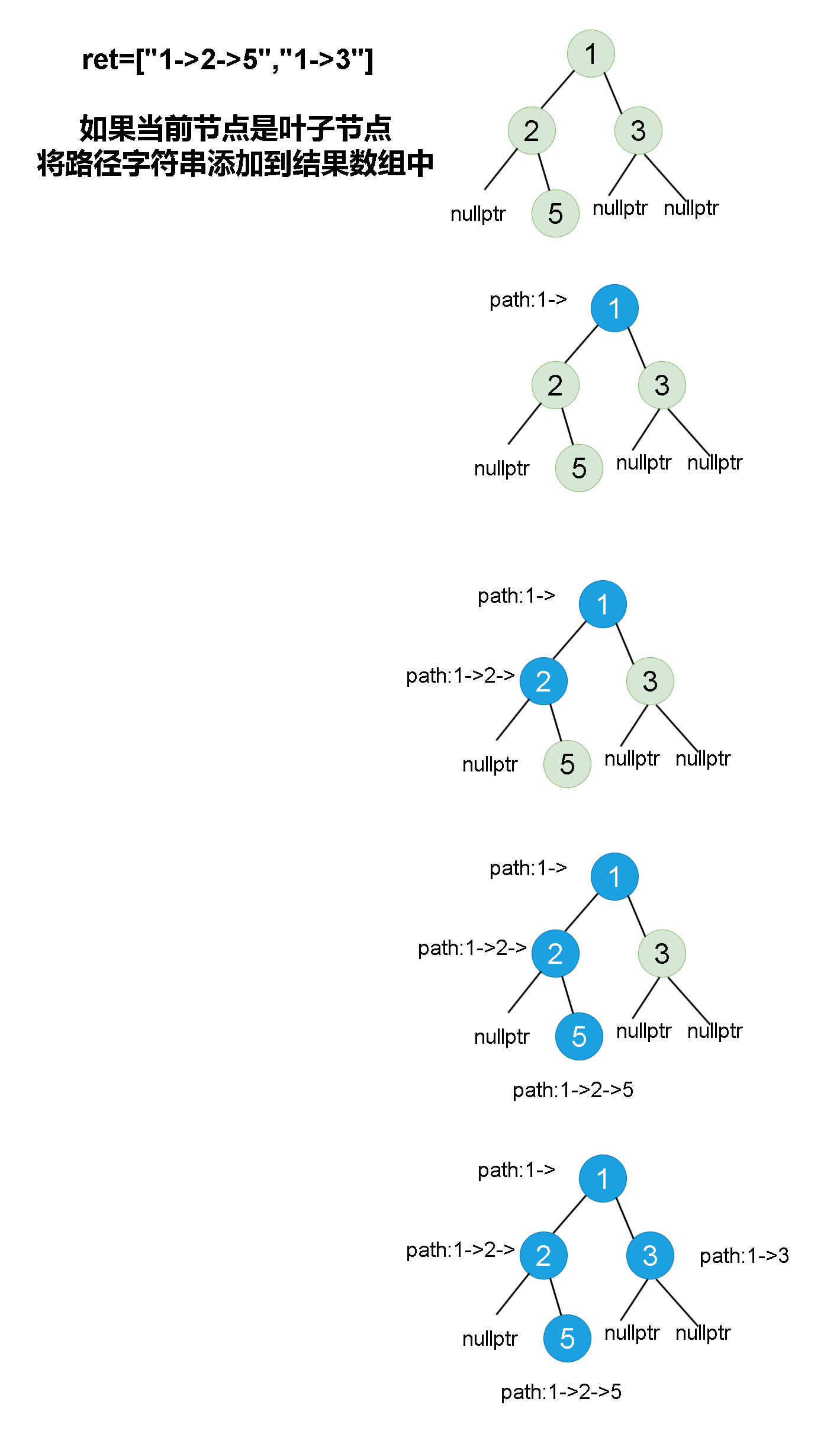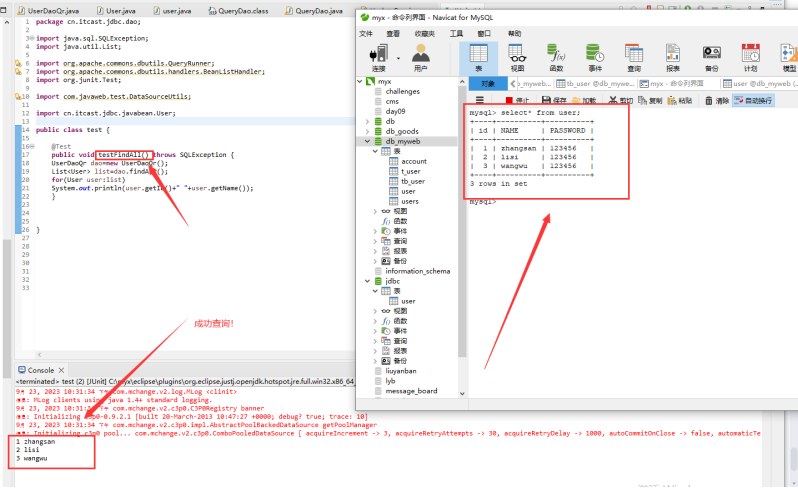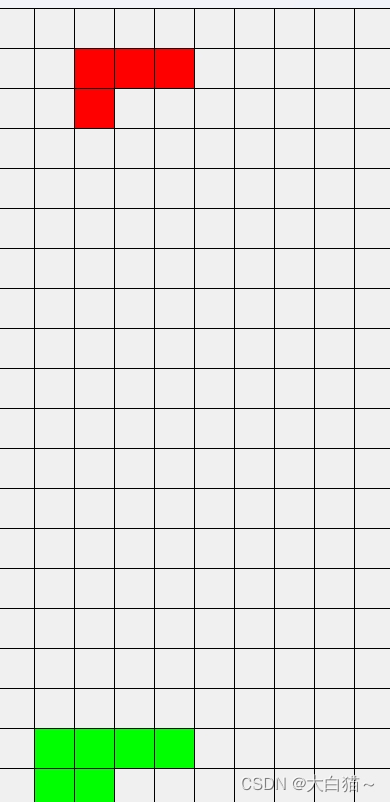https://vjudge.net/contest/591700#problem/C

观察这个形式,如果交替做,就是个斐波那契数列
打表可得,任何正整数都可以大约由 log \log log 个斐波那契数加起来
然后直接拼斐波那契数即可
#include<bits/stdc++.h>
using namespace std;
#ifdef LOCAL
#define debug(...) fprintf(stdout, ##__VA_ARGS__)
#else
#define debug(...) void(0)
#endif
#define int long long
inline int read(){int x=0,f=1;char ch=getchar(); while(ch<'0'||
ch>'9'){if(ch=='-')f=-1;ch=getchar();}while(ch>='0'&&ch<='9'){
x=(x<<1)+(x<<3)+(ch^48);ch=getchar();}return x*f;}
#define Z(x) (x)*(x)
#define pb push_back
#define fi first
#define se second
//mt19937 rand(time(0));
//mt19937_64 rand(time(0));
//srand(time(0));
//#define N
//#define M
//#define mo
int n, m, i, j, k, T;
int f[100], mx, x, y;
vector<pair<int, int> >v;
vector<int>G[100];
void suan(int op) {
if(op==1) ++x;
if(op==2) ++y;
if(op==3) x+=y;
if(op==4) y+=x;
debug("[%lld %lld]\n", x, y);
}
void dfs(int x) {
if(!x) {
for(auto t : v) {
debug("%lld %lld | %lld\n", mx, t.se, t.fi);
if(t.se%2) G[mx-t.se].pb(2);
else G[mx-t.se].pb(1);
}
for(i=k=0; i<=mx; ++i) k+=G[i].size()+1;
printf("%lld\n", k);
for(i=0; i<=mx; ++i) {
for(auto j : G[i]) {
printf("%lld\n", j); suan(j);
}
printf("%lld\n", (i%2 ? 3 : 4)); suan((i%2 ? 3 : 4));
}
return ;
}
for(int i=90; i>=1; --i)
if(x>=f[i]) {
mx=max(mx, i); v.pb({f[i], i}); dfs(x-f[i]);
return ;
}
}
signed main()
{
#ifdef LOCAL
freopen("in.txt", "r", stdin);
freopen("out.txt", "w", stdout);
#endif
// T=read();
// while(T--) {
//
// }
n=read();
f[0]=f[1]=1;
for(i=2; i<=90; ++i) f[i]=f[i-1]+f[i-2];
dfs(n);
return 0;
}



